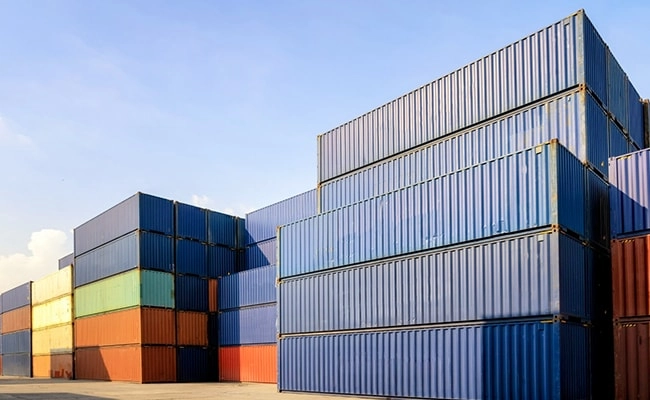In a significant move affecting trade dynamics in the region, India has recently imposed restrictions on the import of certain goods from Bangladesh. This decision has been communicated to stakeholders and is expected to impact the economic relations between the two neighboring countries. The curbs specifically target a range of items, which could include agricultural products, textiles, and other commodities. Such measures are often implemented to safeguard domestic industries and ensure compliance with regulatory standards, but they can also lead to heightened tensions in bilateral trade relationships.
The rationale behind these port curbs may stem from various factors, including concerns over quality, safety, and compliance with local regulations. India has been increasingly vigilant about the quality of imports flowing into its markets, aiming to protect its consumers and local producers from potentially harmful products. Additionally, the move could be viewed as a response to the growing trade imbalances and the need for India to assert its economic interests more firmly. This decision could prompt Bangladesh to reassess its export strategies and work on improving product standards to maintain access to the Indian market.
The implications of these restrictions extend beyond mere trade figures; they could affect the livelihoods of many Bangladeshi exporters. The textile and garment sectors, which are crucial for Bangladesh’s economy, might face particular challenges if access to one of their largest markets is curtailed. Businesses on both sides will need to navigate the complexities of compliance and quality assurance to mitigate the impact of these new regulations. Furthermore, the situation underscores the importance of dialogue and cooperation between India and Bangladesh to resolve trade disputes and foster a more collaborative economic environment.
As India and Bangladesh share a long history of trade relations, the imposition of these port curbs highlights the delicate balance that both nations must maintain in their economic interactions. Analysts suggest that while protective measures can be necessary for domestic industries, they should be implemented judiciously to avoid undermining the broader economic ties that have been cultivated over the years. Moving forward, both countries may need to engage in discussions to address the underlying issues that have led to these restrictions, ensuring that their trade partnership remains strong and beneficial for both parties.




